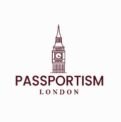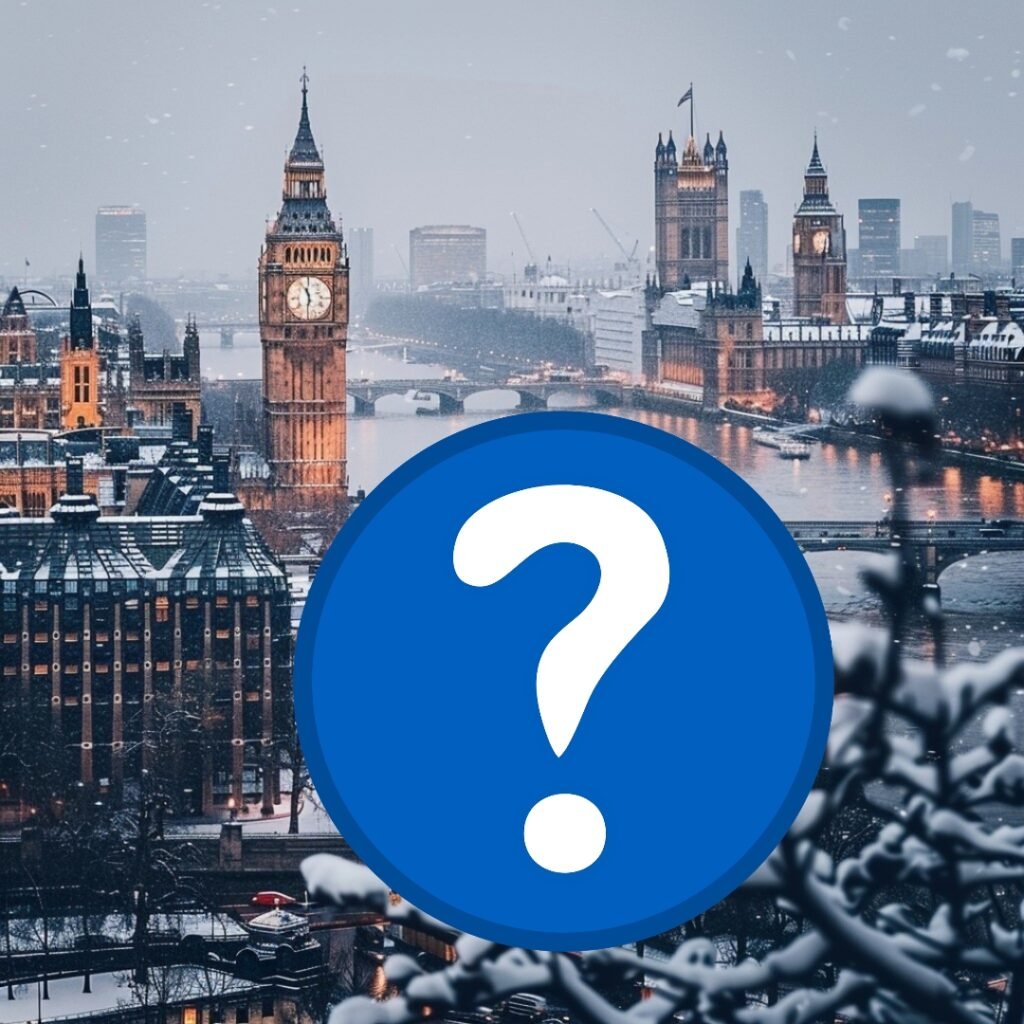- Do I need a visa to visit the UK for tourism?
Whether you need a visa depends on your nationality. Citizens of EU, EEA, Switzerland, and several other countries can visit the UK visa-free for short stays, usually up to six months. Others will need to apply for a visa before traveling. You can check the UK government’s official website to confirm if you need a visa.
- How can I check if my country is part of the UK visa waiver program?
You can check if your country is part of the visa waiver program or if you need a visa to enter the UK by visiting the UK Government’s visa-checking tool. By answering a few simple questions, it will tell you whether or not you need a visa.
- What is the Standard Visitor Visa, and how do I apply for it?
The Standard Visitor Visa is for tourists who wish to visit the UK for a short stay, typically up to six months. This visa allows you to visit for leisure, see family and friends, or engage in certain business activities. To apply, you’ll need to:
- Complete an online application.
- Pay the visa fee.
- Provide required documents (like proof of funds and travel itinerary).
- Attend a biometric appointment if necessary. More details are available on the UK Government website.
- How long can I stay in the UK with a tourist visa?
With a Standard Visitor Visa, you can stay in the UK for up to six months. In some cases, for specific activities, you may be granted a longer stay, but for most tourists, the limit is six months.
- What documents do I need to apply for a UK tourist visa?
The typical documents required for a UK tourist visa include:
- A valid passport or travel document.
- Proof of financial means to cover your stay.
- A return or onward flight booking.
- Accommodation details (hotel bookings or an invitation letter from family/friends).
- A travel itinerary or reasons for visiting. The exact documents vary depending on your country of origin.
- How much does a UK visitor visa cost?
The cost of a Standard Visitor Visa changes frequently. It is advisable to check with UK Governments official website for up-to-date information.
- Can I extend my UK tourist visa if I want to stay longer?
In general, it is not possible to extend a Standard Visitor Visa unless there are exceptional circumstances. However, if you plan on staying longer, you should apply for a different type of visa before your initial visa expires.
- Do I need a return flight ticket to apply for a UK tourist visa?
While a return flight ticket is not a strict requirement when applying for a UK tourist visa, it is highly recommended. Immigration officers may ask for proof of onward travel to ensure you intend to leave the UK at the end of your stay.
- How long does it take to process a UK tourist visa?
Typically, it takes around three weeks to process a UK Standard Visitor Visa after you’ve submitted your application and provided biometric data. However, during busy periods, it may take longer. You can also check the processing times for your country on the UK Government’s visa processing page.
- What should I do if my UK visa application is rejected?
If your visa application is rejected, you will receive a refusal letter detailing the reasons for rejection. You can either:
- Reapply by addressing the reasons for refusal and submitting a new application.
- Appeal the decision, but this is only allowed in certain cases (such as human rights claims).
- Request an administrative review if you believe the decision was incorrect based on the provided information.
- Can I track the status of my visa application?
Yes, you can track your visa application status online. Once you apply, you will be given a reference number to track your application through the UK Visa Application Centre’s tracking system or through third-party services, depending on where you applied.
- Is there a fast-track visa option for urgent travel to the UK?
Yes, there are priority and super-priority services available for urgent visa processing:
- Priority Service: Decisions are usually made within 5 working days for an extra fee.
- Super Priority Service: A decision is made within 24 hours, but this service is only available in certain locations.
- Can I reapply for a visa if my application was previously refused?
Yes, you can reapply for a UK visa if your initial application was refused. When reapplying, it’s crucial to address the reasons for the initial refusal and provide any additional information or documentation that may strengthen your case.
- Can I visit the UK without a visa if I have a Schengen visa or another visa from an EU country?
No, having a Schengen visa or another visa from an EU country does not allow entry into the UK. The UK is not part of the Schengen Area, so you must apply for a UK visa separately if you require one. You can check visa requirements on the UK Government website.
- If I hold a visa for Ireland, can I travel to the UK?
In general, a visa for Ireland does not allow entry into the UK. However, under the British-Irish Visa Scheme, nationals of China and India can visit both the UK and Ireland with a single visa, provided they first enter the country that issued the visa. This scheme applies to short stays (up to 90 days)
- Are there any special visa requirements for family members or dependents?
Family members or dependents usually need to apply for their own Standard Visitor Visa to enter the UK unless they are citizens of visa-exempt countries. For spouses or partners of UK residents or citizens, there are specific visas such as the Family Visa, but these are distinct from tourist visas.
- Do children need separate visas, or can they travel on their parent’s visa?
Yes, children need a separate visa to enter the UK. They cannot travel on their parent’s visa. However, parents or guardians can apply for a Child Visitor Visa for minors, and they may need to provide additional documentation, such as consent from the non-accompanying parent.
- What if I have a criminal record—can I still get a UK visa?
Having a criminal record doesn’t automatically disqualify you from getting a UK visa. However, certain types of criminal convictions (particularly serious ones or recent offences) may lead to your application being refused. Each case is assessed individually, and the visa application form requires you to disclose past convictions. If you withhold this information, your visa could be denied.
- What should I expect at UK immigration when I arrive?
When arriving in the UK, you’ll go through an immigration checkpoint where an officer will check your passport, visa (if required), and any supporting documentation. The officer may ask about your visit, including:
- The purpose of your visit.
- How long you plan to stay.
- Where you are staying. You may also be asked to provide proof of funds to cover your stay and show a return or onward ticket. It’s important to have all these documents ready and answer the questions clearly and truthfully.
- Can I use the e-gates at the airport if I’m from a non-EU country?
Yes, you can use the e-gates if you are from certain non-EU countries. Citizens from the following countries can use e-gates:
- Australia
- Canada
- Japan
- New Zealand
- Singapore
- South Korea
- United States Additionally, UK and EU citizens, as well as those from the EEA and Switzerland, can use the e-gates. You must be 12 years or older and have a biometric passport to use this service. Note that e-gates cannot be used for short-term work visa holders.
- What documents should I carry when entering the UK as a tourist?
When entering the UK as a tourist, you should have the following documents:
- A valid passport (with at least six months of validity).
- A visa (if required for your nationality).
- Proof of accommodation (hotel booking, Airbnb, or invitation letter from family/friends).
- Proof of sufficient funds to cover your stay (bank statements or cash).
- A return or onward ticket. Having all documents readily available will make the immigration process smoother.
- How much money do I need to show when entering the UK for tourism?
While there is no official minimum amount of money required for entry, you must demonstrate that you have enough funds to support yourself during your stay without needing public assistance. This includes covering accommodation, food, transport, and activities. A rough guide could be around £100 per day for the duration of your stay. Immigration officers may ask to see bank statements or cash to ensure you have enough money to support your visit.
- Can I work or study on a UK tourist visa?
No, you cannot work or study on a UK Standard Visitor Visa. This visa is specifically for tourism, visiting family and friends, or attending certain business-related activities (e.g., conferences). You are not permitted to:
- Take up employment, paid or unpaid.
- Enrol in a course that lasts more than 30 days.
- Work on a self-employed basis or for a company registered in the UK.
If you want to work or study, you must apply for the appropriate visa (e.g., Work Visa or Student Visa)
- Can I switch to another type of visa (e.g., work or student visa) while in the UK on a tourist visa?
No, you cannot switch to another visa type (such as a work or student visa) while you are in the UK on a Standard Visitor Visa. To change your visa type, you must leave the UK and apply for the new visa from outside the country. There are very few exceptions to this rule, such as switching to a spouse or civil partner visa under certain conditions.
- What are the COVID-19 entry requirements for tourists visiting the UK?
As of 2023, the UK has lifted most COVID-19 entry restrictions for tourists. This means:
- There is no requirement for a negative COVID-19 test before travel.
- There are no quarantine rules for arriving tourists, regardless of vaccination status.
- You do not need to fill out a Passenger Locator Form anymore.
However, entry requirements can change depending on emerging health guidelines or new variants, so it’s essential to check for any updates on the UK Government’s official travel advice page before traveling.
For the most accurate and up-to-date information, always refer to official UK immigration guidelines or consult an immigration advisor.

